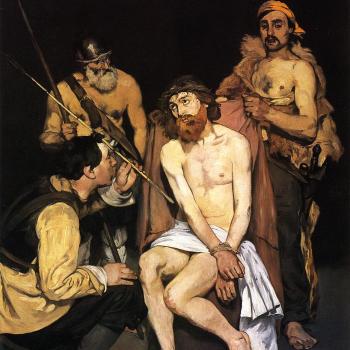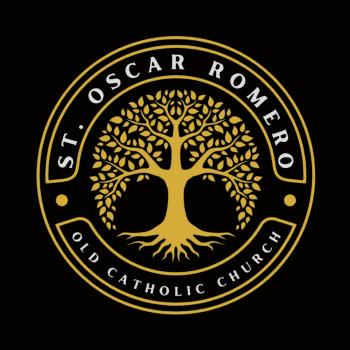The community is also an essential element in discerning who is led to the different kinds of work needed in the world. Many people may have similar gifts and desires that can help meet the needs of the world. But it may not be that God wants all of them to do the same work. You need to discern not only the work God is leading you to, but also the work he is leading others to. The community needs a balanced ensemble of workers working in harmony. For example, physicians bring powerful gifts and skills—and frequently a deep desire for healing—into the world's great needs for physical healing. Yet in the U.S., at least, there may be too many specialists and not enough primary care physicians to meet the community's needs. One by one, medical students are matching their gifts, desires, and the needs of the world to discern a leading toward medicine. But all-in-all, the ensemble of physicians is becoming a bit unbalanced. Discerning God's calling is a community endeavor.
3) Church Work: A Higher Calling?
Many Christians have the impression that church workers—especially evangelists, missionaries, pastors, priests, ministers, and the like—have a higher calling than other workers. While there is little in the Bible to support this impression, by the Middle Ages, "religious" life—as a monk or nun—was widely considered holier than ordinary life. Regrettably, this distortion remains influential in churches of all traditions, even though the doctrine of virtually every church today affirms the equal value of the work of lay people. In the Bible, God calls individuals both to church-related and non-church-related work.
Calls to Church Work
Calls to Non-Church Work
Deuteronomy 31:14—"The LORD said to Moses, 'Your time to die is near; call Joshua and present yourselves in the tent of meeting, so that I may commission him.'"
(Moses and Joshua were both primarily military/political leaders, not cultic/religious leaders. They were both exceptionally close to God, but that doesn't make them religious leaders. Rather it shows that God calls people in all walks of life.) 1 Samuel 16:12-13—"He sent and brought him in. Now he was ruddy, and had beautiful eyes, and was handsome. The LORD said, 'Rise and anoint him; for this is the one.' Then Samuel took the horn of oil, and anointed him in the presence of his brothers; and the spirit of the LORD came mightily upon David from that day forward. Samuel then set out and went to Ramah."Therefore, it would be inaccurate to think that God calls church workers but not other types of workers. Some confusion arises because many churches require that their individuals be "called" to be ordained or to serve as pastors, priests, or other ministers. Often the word "call" is used to describe the process of selecting a minister or the decision to enter church work full-time. However, as in the Bible itself, these situations are rarely direct, unmistakable, personal calls from God. Rather, they may describe a strong sense of guidance by God. As we have seen, God's guidance can occur just as strongly in non-church-related jobs and professions. Since the Theology of Work Project does not take church work as one of its subjects, we will not attempt to evaluate whether "callings" to church work are more intense, more direct, more evident, or more necessary than callings to non-church work. We will affirm that church work is not in general a higher calling than non-church work, and that the term "call" applies just as much to non-church work as to church work.
We also affirm that non-church work is as much "full-time Christian service" as church work. All Christians are called (that is, commanded) to conduct everything they do, round the clock, as full-time service to Christ:




